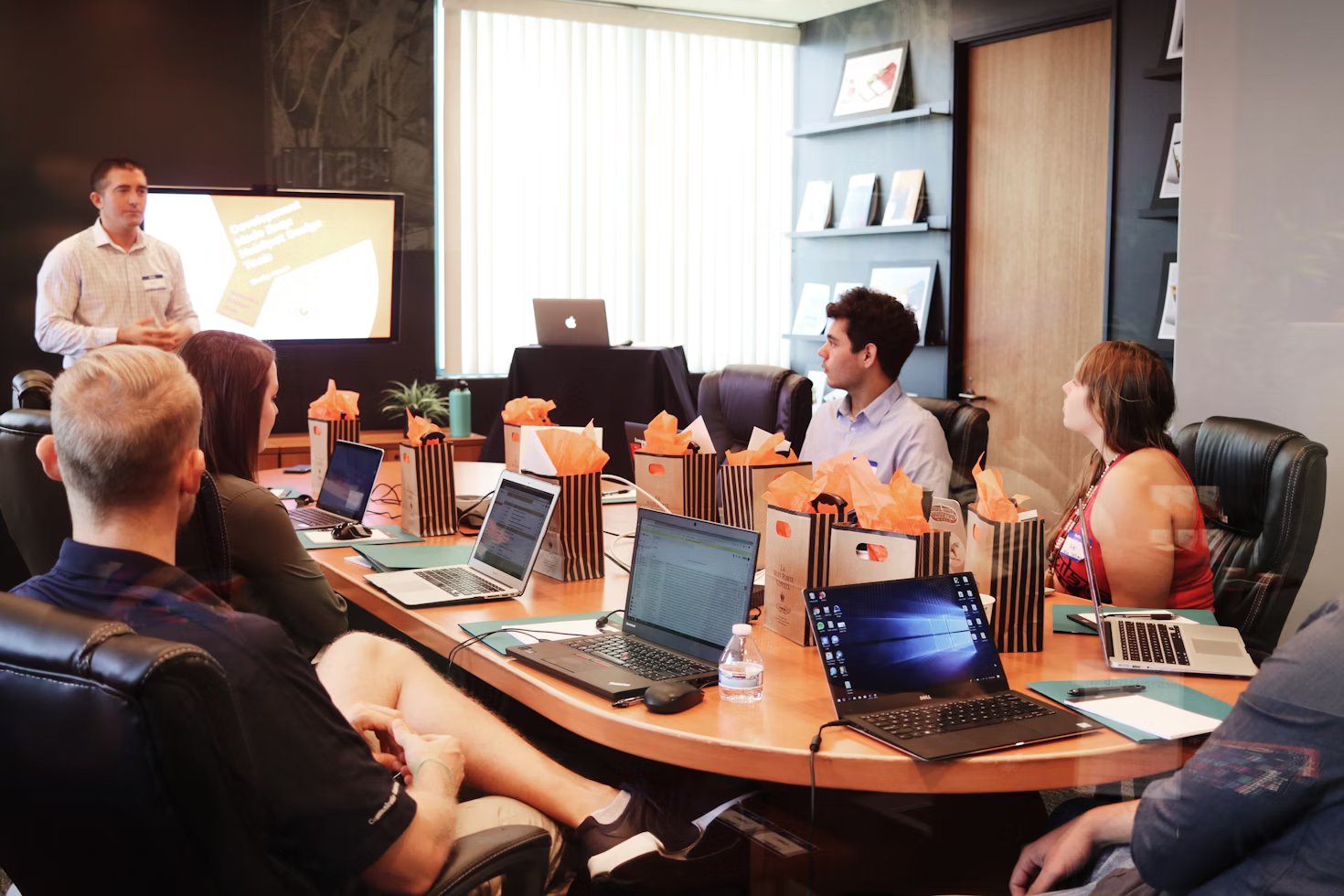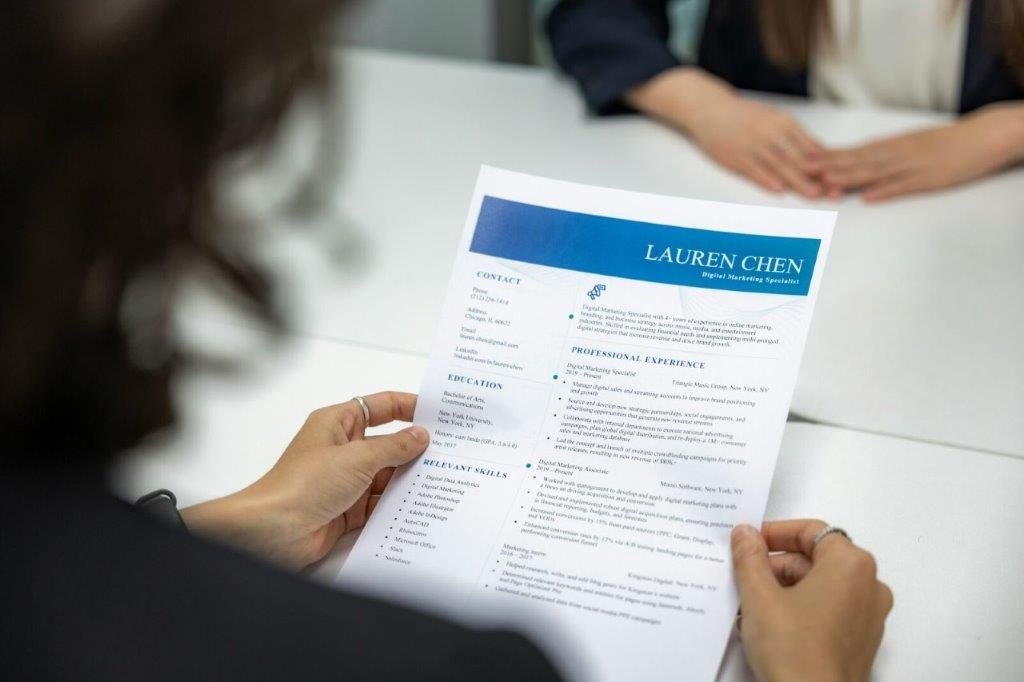Changing careers can be both exciting and daunting, and your resume plays a crucial role in making this transition successful. Unlike traditional resumes, a career change resume must bridge the gap between your past experience and your future aspirations. This guide will show you how to create a compelling resume that highlights your transferable skills and convinces employers you're the right candidate—even without direct experience in the field.
Start With a Powerful Summary Statement
Your summary is the most important section of a career change resume. It should immediately address your transition and highlight your relevant strengths, rather than focusing on your previous job titles.
Pro Tip: Lead with your goal rather than your past. Instead of "Experienced teacher seeking transition to corporate training," try "Corporate training professional with 5 years of experience developing engaging curriculum and improving learner outcomes."
Elements of an effective career change summary:
- Clear statement of your target role
- Highlight of transferable skills relevant to the new field
- Brief mention of accomplishments that demonstrate capability
- Enthusiasm for the new industry or role
Emphasize Transferable Skills
Transferable skills are abilities that are valuable across different jobs and industries. Identify which skills from your previous career are relevant to your new target field and highlight them throughout your resume.
Before: "Managed classroom of 25 students"
After: "Led team of 25 individuals through change management initiatives, resulting in 20% improvement in performance metrics"
Create a Skills-Based Resume Format
For career changers, a functional or hybrid resume format often works better than the traditional chronological format. This approach emphasizes your skills and achievements rather than your job history.
Remember: Group your skills into categories that are relevant to your target field. For example, if moving into project management, you might have sections for "Leadership," "Planning & Organization," and "Stakeholder Communication."
Recommended resume structure for career changers:
- Power summary statement
- Core competencies/skills section
- Relevant achievements and projects
- Professional experience (condensed)
- Education and certifications
Leverage Relevant Projects and Achievements
Even without formal experience in your new field, you likely have relevant projects, volunteer work, or accomplishments that demonstrate your capabilities. Create a dedicated section for these experiences.
Where to find relevant experience:
- Volunteer work and side projects
- Relevant coursework or certifications
- Transferable achievements from previous roles
- Professional organization involvement
- Freelance or pro bono work
Address Your Career Change Directly
Don't try to hide your career transition—address it proactively in your cover letter and potentially in a brief resume section. Explain what motivated the change and how your unique background brings value.
Avoid: Apologizing for lack of direct experience
Embrace: Framing your diverse background as an asset that brings fresh perspective
Tailor Your Resume for Each Application
Career change resumes require even more customization than traditional resumes. Carefully analyze job descriptions and incorporate keywords that align with your transferable skills.
Strategy: Create a master resume with all your experiences, then create tailored versions for different types of roles you're targeting. This allows you to emphasize different transferable skills depending on the specific opportunity.
Highlight Recent Relevant Education and Certifications
If you've pursued education, certifications, or training related to your new field, highlight these prominently on your resume. This shows your commitment to making the transition.
Where to place education on a career change resume:
- Move education above experience if it's highly relevant
- Include recent certifications even if they're not yet complete
- Add relevant coursework if you lack professional experience
- Mention workshops, online courses, and self-study
Use the Language of Your Target Industry
Every industry has its own terminology and keywords. Research how professionals in your target field describe their work and incorporate this language into your resume.
Teacher language: "Developed lesson plans and educational materials"
Instructional designer language: "Designed learning experiences and developed instructional content"
Leverage Your Network
For career changers, networking is often more important than submitting applications online. Your resume should support your networking efforts by clearly communicating your transition goals.
Networking strategy: Create a slightly different version of your resume for networking purposes—one that includes a clear objective statement and focuses more on what you're seeking rather than what you've done.
Changing careers requires courage and strategy, and your resume is your most important tool in making this transition. By focusing on transferable skills, relevant achievements, and your unique value proposition, you can create a compelling narrative that helps employers see your potential beyond your previous job titles.



